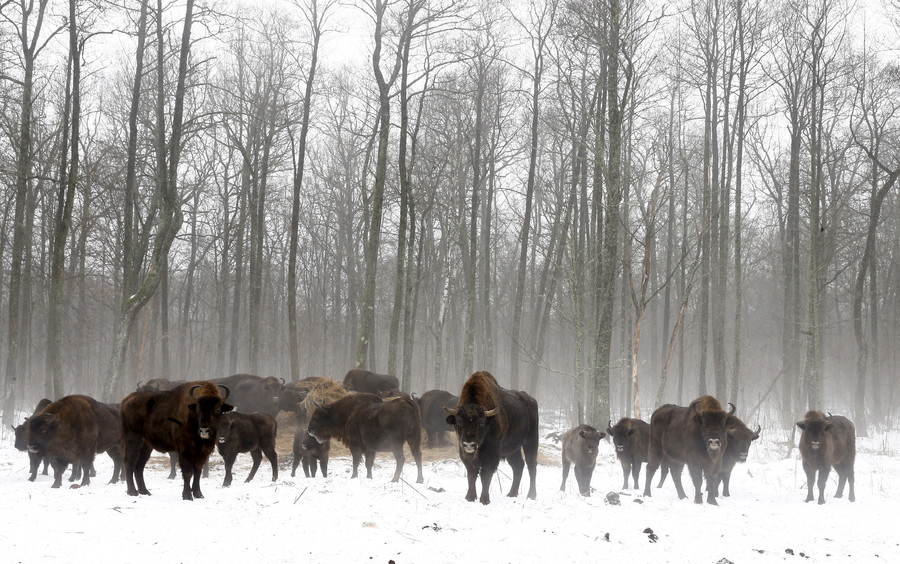Thirty years after nuclear disaster, it now teems with deer, boar, wolves. Even after catastrophic disaster, many species are thriving in Chernobyl. Researchers have been puzzled by this large number of animals in this radioactive zone.
The site in Ukraine, after 30 years, looks like a nature preserve. Studies in this exclusion zone showed evidence of radioactive effects and significantly reduced the population of wildlife. Many studies are going on for long-time effect of radioactivity on wild animals. Researchers are also conducting aerial surveys since 1990's to count the number of species and the survey shows that numbers are thriving.
The Chernobyl disaster was worst nuclear power plant accident in history, resulting the death of many plant operators of plant 4 and long term effects, such as cancers.
The Chernobyl study was published in the journal Current Biology.
 |
| A thriving wildlife in Chernobyl exclusion zone |
The site in Ukraine, after 30 years, looks like a nature preserve. Studies in this exclusion zone showed evidence of radioactive effects and significantly reduced the population of wildlife. Many studies are going on for long-time effect of radioactivity on wild animals. Researchers are also conducting aerial surveys since 1990's to count the number of species and the survey shows that numbers are thriving.
| Remains of Nuclear Power plant |
The Chernobyl disaster was worst nuclear power plant accident in history, resulting the death of many plant operators of plant 4 and long term effects, such as cancers.
The Chernobyl study was published in the journal Current Biology.
Comments
Post a Comment